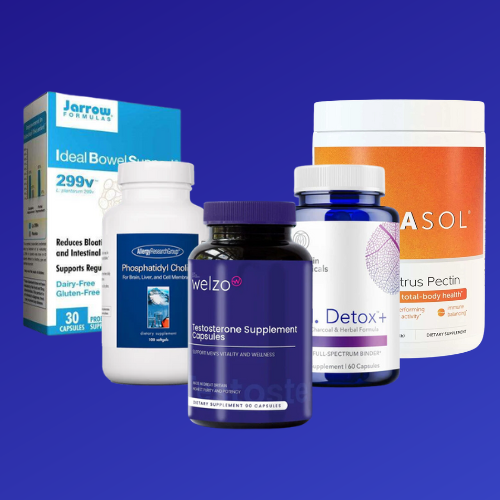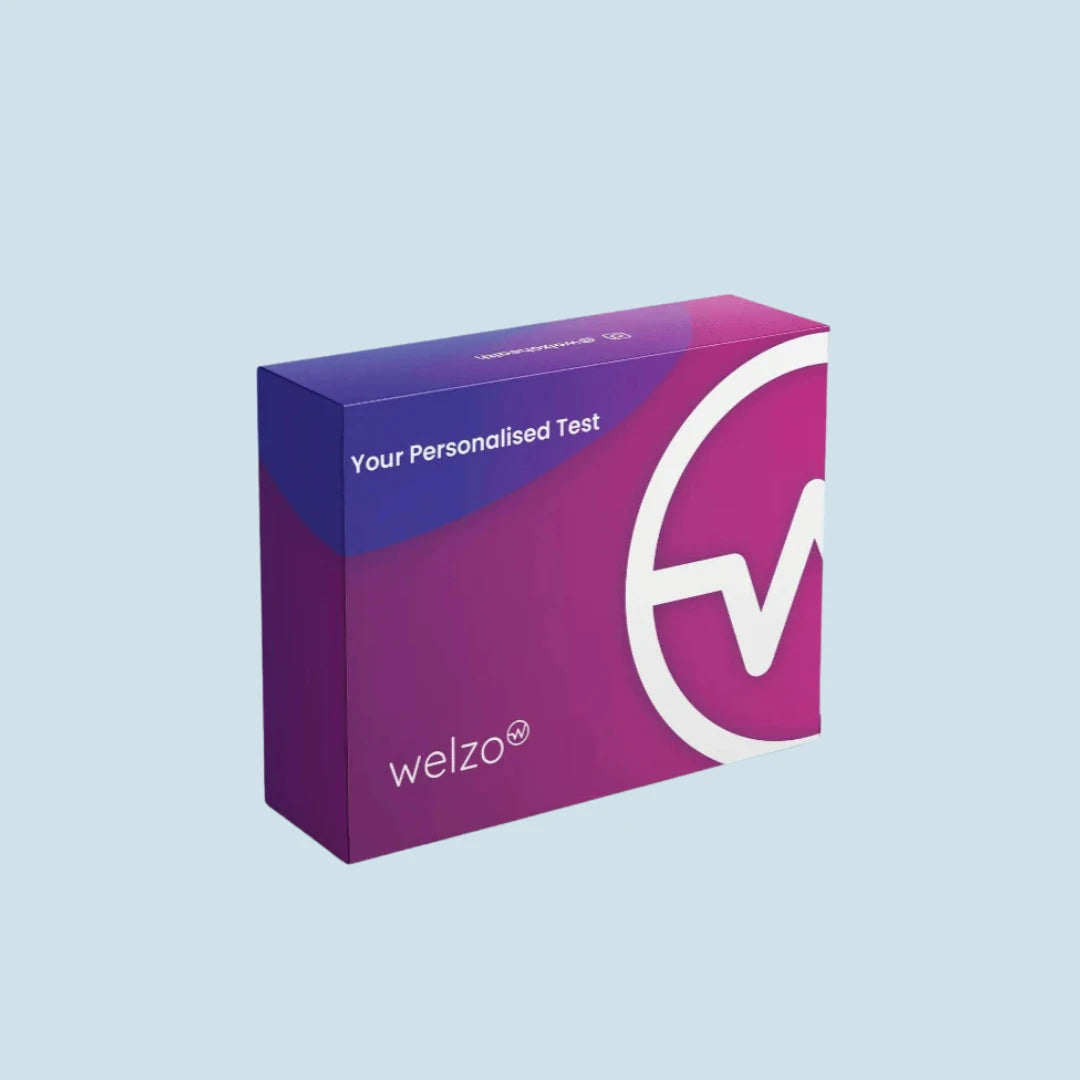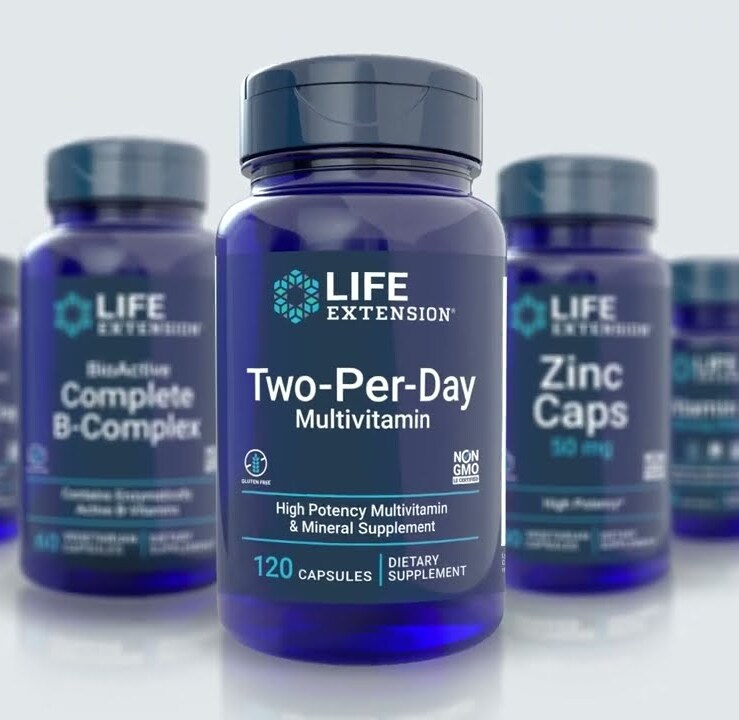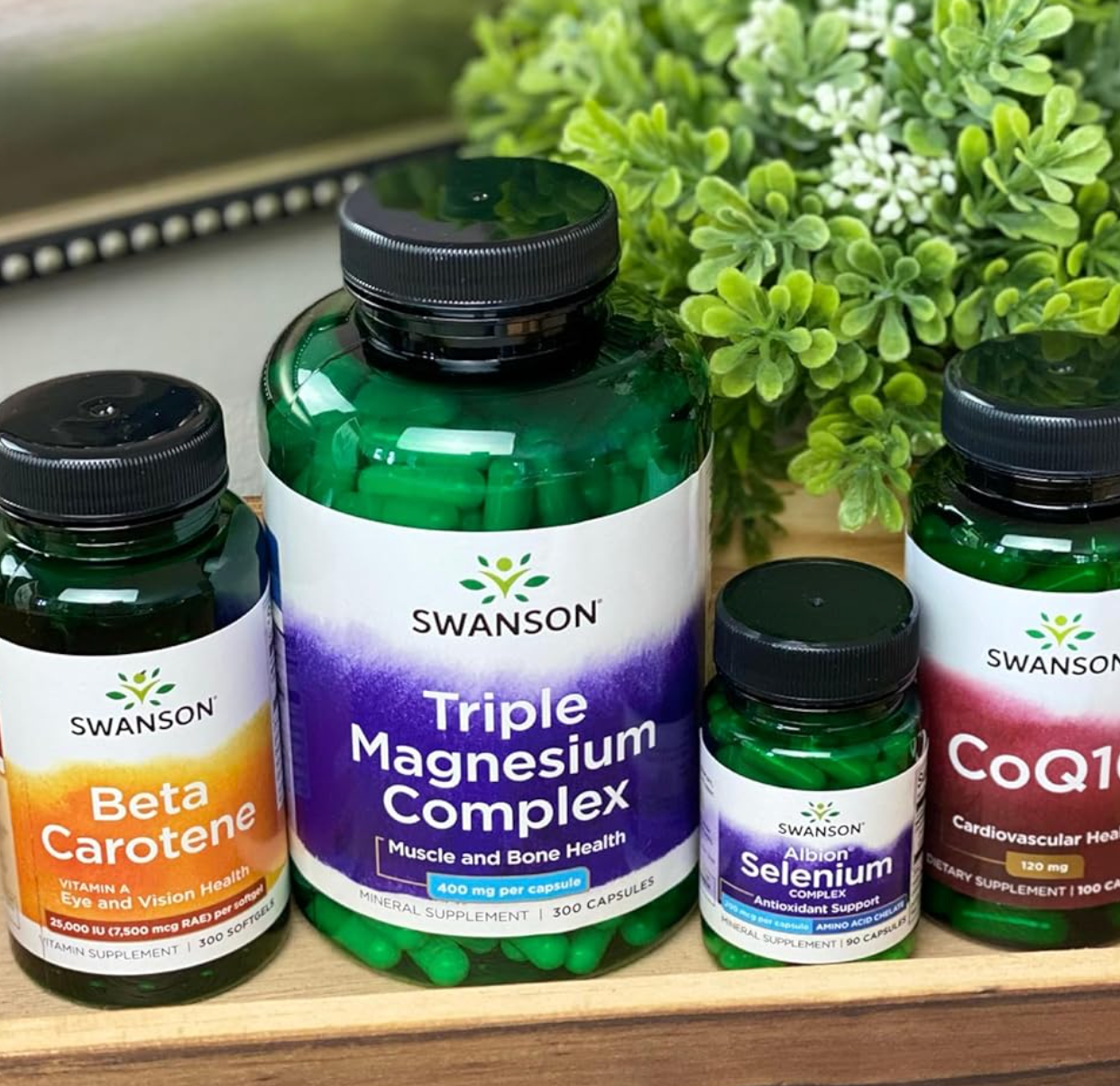
 Instagram
Instagram
Lycopene - Uses, Side Effects and Information

Related products
Lycopene Health Advantages
Might Lower Heart Disease Risk
A lower risk of heart disease is linked to lycopene.
Over the course of an 11-year period, one large study that examined the diets of over 1,000 adults discovered that those who consumed the most lycopene-rich foods had a significantly lower risk of dying from heart disease.
A different study looked at how lycopene supplements affected heart disease risk factors. Participants who took lycopene experienced less inflammation and oxidized LDL cholesterol after eight weeks, both of which are associated with a higher risk of developing heart disease.
May Reduce Cancer Risk
Prostate, breast, endometrial (uterine), lung, and stomach cancers are among the cancers for which lycopene has been linked to a lower risk.
Lycopene may aid in the prevention of various cancers, according to a comprehensive review of more than 100 studies.
Could Reduce Blood Pressure
A small study involving 36 adults found that lycopene may help people with high blood pressure lower their blood pressure. Those taking lycopene had significantly lower blood pressure than the control group after eight weeks.
Might offer protection from sun damage
Your skin may benefit from lycopene's ability to prevent sun damage. One study found that those who consumed lycopene supplements for 12 weeks had better skin protection from the sun's UV rays.
Possibly Raises Cholesterol Levels
Lycopene might help lower cholesterol.
Twenty adults participated in a small study that found that those who took lycopene supplements for eight weeks had significantly lower levels of total cholesterol and LDL cholesterol than the control group.
Could Improve Bone Health
The health of bones may also be influenced by lycopene. According to one study, rats given lycopene supplements had stronger and denser bones than the rats in the control group.
Possibly Treat Asthma
Asthma treatment may be aided by lycopene. In one study, lycopene supplement-taking children with asthma had significantly fewer asthma symptoms than the control group after three months.
Could Provide Additional Benefits
Other potential advantages of lycopene include lowering the risk of macular degeneration, a common cause of blindness, and enhancing memory and cognitive abilities.
Side Effects & Safety
When taken orally in the proper doses, lycopene is LIKELY SAFE for the majority of people. It is POSSIBLY SAFE to apply lycopene to the skin.
Supplements containing lycopene are typically well tolerated. Heartburn, diarrhea, bloating, and gas are a few of the side effects that have been documented.
Lycopene may briefly make the skin red after application.
Lycopene may be dangerous for those who have undergone bypass surgery. Large lycopene doses may raise the chance of postoperative bleeding. If you've had bypass surgery, it's best to steer clear of lycopene supplements in large doses.
Women who are expecting or nursing should refrain from taking lycopene supplements.
Dosage & Supplements
Eating lycopene-rich foods is the best way to consume the necessary amount of lycopene. Cooked tomatoes, watermelon, pink grapefruit, apricots, and papaya are all beneficial sources.
The suggested dosage for lycopene is as follows if you don't get enough from your diet or want to take a supplement for its potential health benefits:
15–30 mg daily for preventing heart disease
2-4 mg daily for preventing cancer
6 mg daily for sun protection
There are liquid, tablet, and capsule supplements for lycopene.
Pharmacokinetics
A carotenoid called lycopene does not undergo conversion to vitamin A (retinol) in the body.
It is taken up from the small intestine and circulated through the bloodstream to various tissues.
The liver, adrenal glands, testes, and ovaries all store lycopene. Additionally, the skin, colon, and lungs contain smaller amounts.
Since lycopene has a half-life of about 28 days, it takes your body about four weeks to eliminate half of the lycopene you consume.



















 Rated Excellent by 26,523+ Reviews
Rated Excellent by 26,523+ Reviews